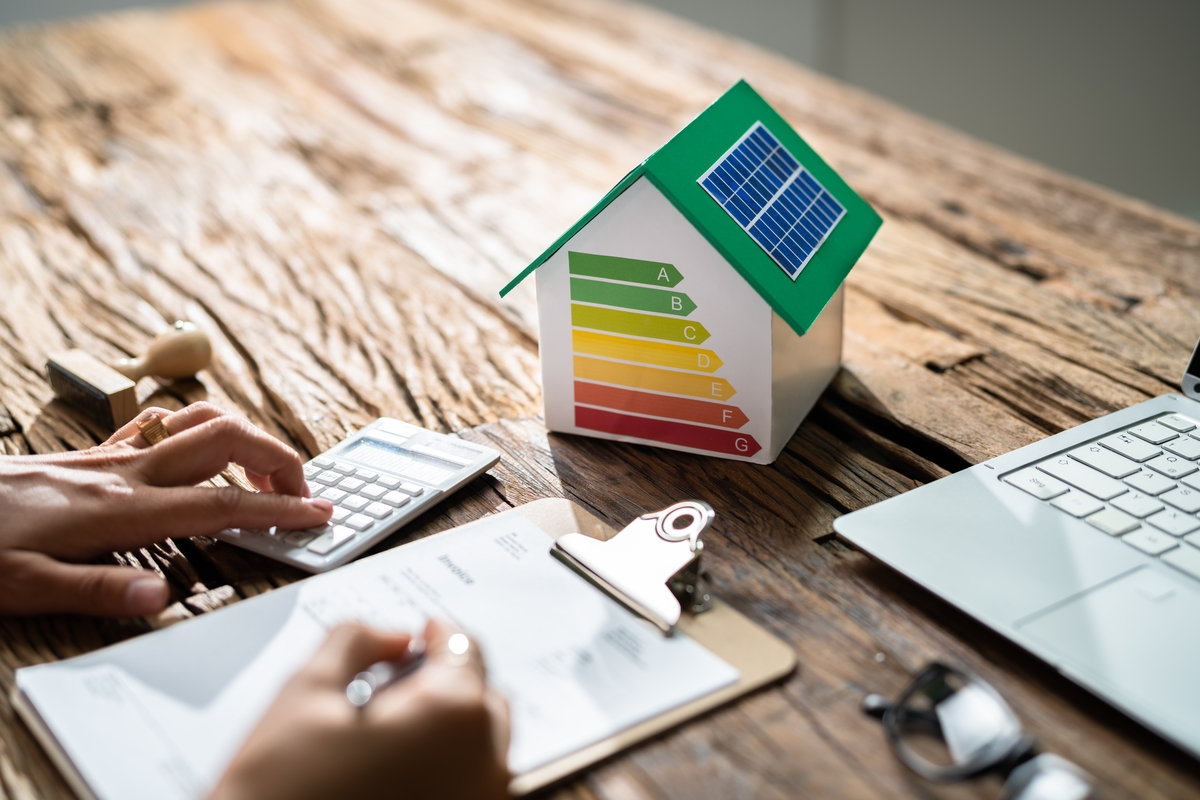Dear visitor,
You're reading 1 of your 3 free news articles this quarter
Register with us for free to get unlimited news, dedicated newsletters, and access to 5 exclusive Premium articles designed to help you stay in the know.
Join the UK's leading credit and lending community in less than 60 seconds.
Off-peak electricity use could save billions in energy costs
Billions of pounds could be saved if energy saving initiatives such as time-of-use tariffs, smart meters, solar PV, and batteries are utilised, new data has revealed.

Senior Journalist, covering the Credit Strategy and Turnaround, Restructuring & Insolvency News brands.
The analysis from Cornwall Insight and Smart Energy GB, suggests such schemes could cut costs by an annual £4.6bn in 2030 and £14.1bn in 2040. Households that participate in flexible electricity initiatives also stand to cut wholesale electricity costs by more than 14% in 2030 and 52% in 2040 – a predicted annual saving of £115 and £375 respectively for an average household.
Anna Moss, a senior consultant at Cornwall Insight, said: “Our analysis has unveiled the immense potential of flexible household electricity use to support GB as it journeys towards a renewables-based system.
“By empowering consumers to become the architects of their own energy usage as well as supporting home decarbonisation technologies across the consumer base, the government can reduce expenses, alleviate strain on the grid, and even eliminate the need for additional costly gas-fired power stations.
“This is a defining moment in our energy journey. Britain is moving along the path to a more electrified future, where household engagement with flexibility will enable us to reach net zero at lower cost, allowing consumers to realise the financial benefits associated. Smart meters play a pivotal role in this transition, providing crucial data and insights that empower consumers to optimise their energy use.
“By embracing household flexibility, we not only revolutionise our electricity landscape but also rejuvenate our commitment to a greener, more sustainable future.”
Smart Energy GB director Sara Higham added: “The debate on how we can meet the country’s growing demands for electricity often focuses on how we create more national infrastructure to generate more energy to meet demand, but this report clearly shows that there is another side to this debate: enabling and incentivising consumers to use the energy we generate in a more flexible way.
“This report clearly demonstrates the benefits of flexible energy use and the pivotal role played by smart meters in creating a flexible energy system. More than half of GB households now have a smart meter and the benefits to individuals and the country as a whole will only increase as installations continue.”
Stay up-to-date with the latest articles from the Credit Strategy team
Get the latest industry news





